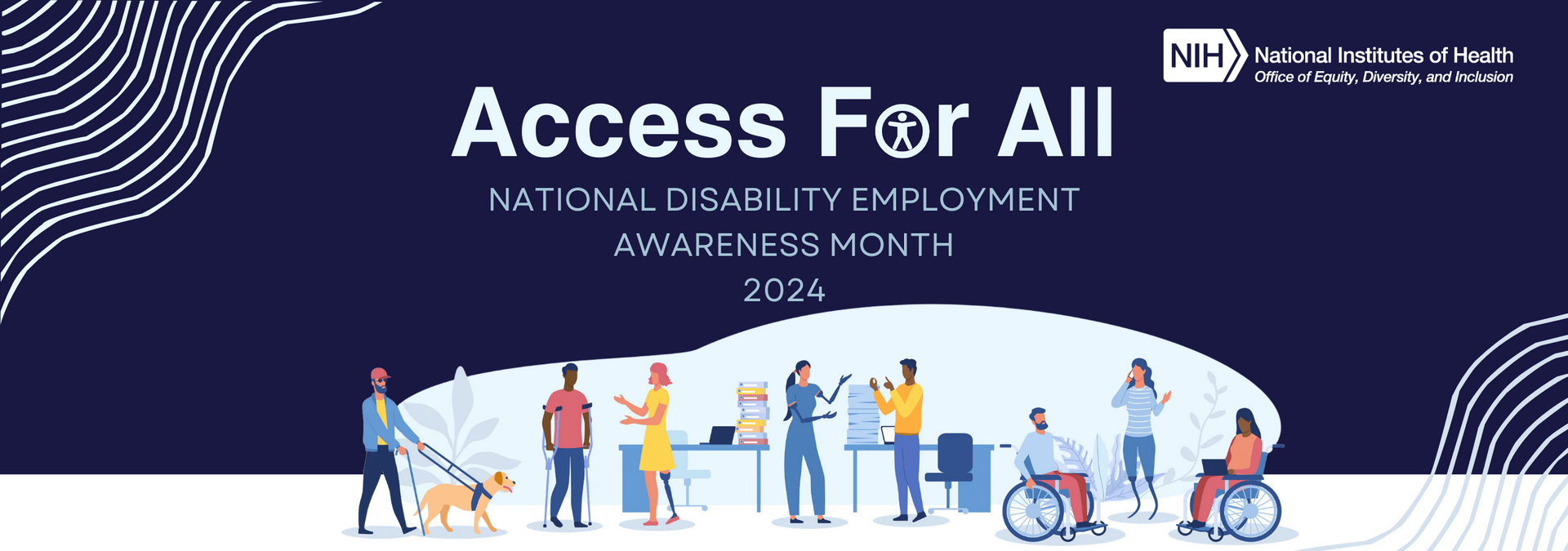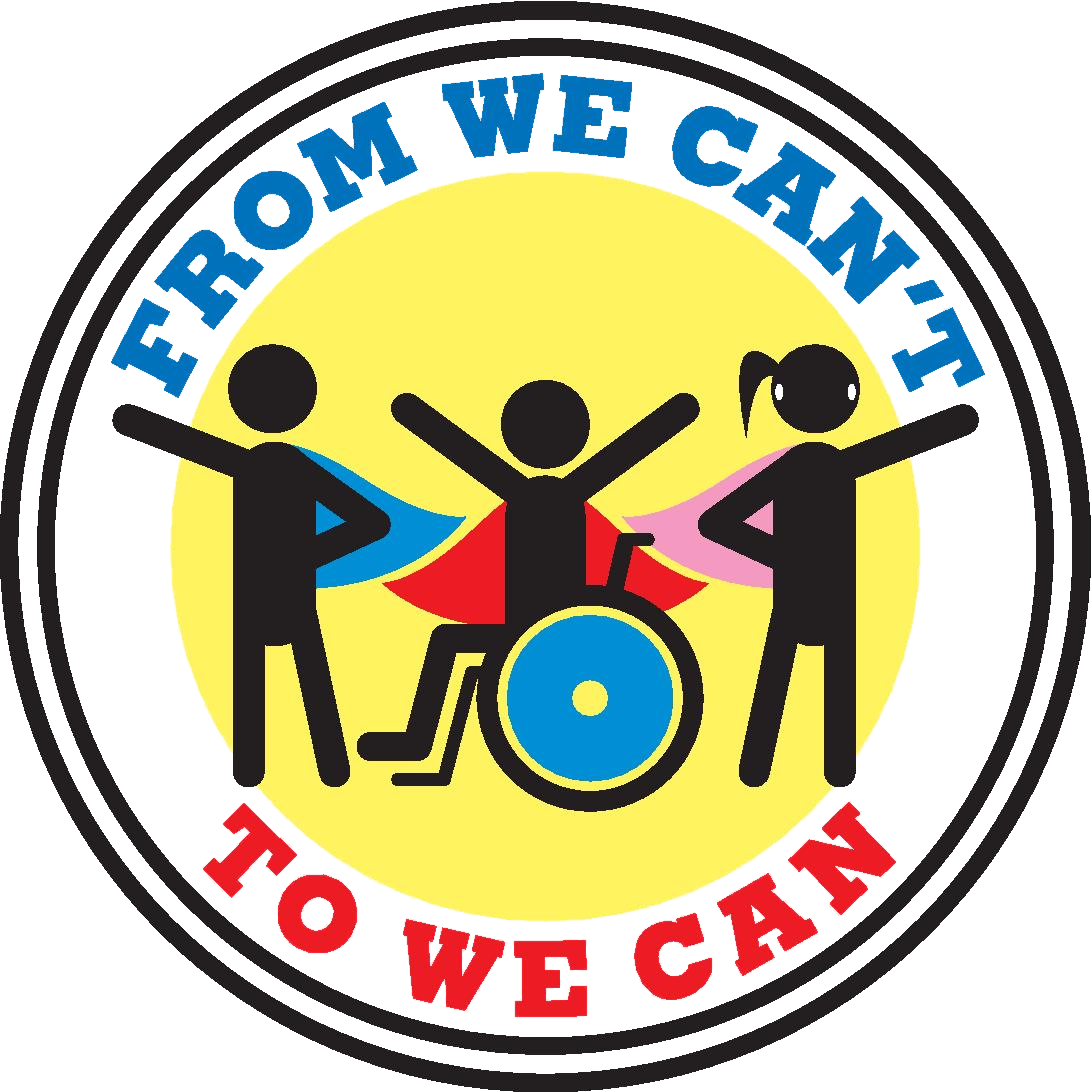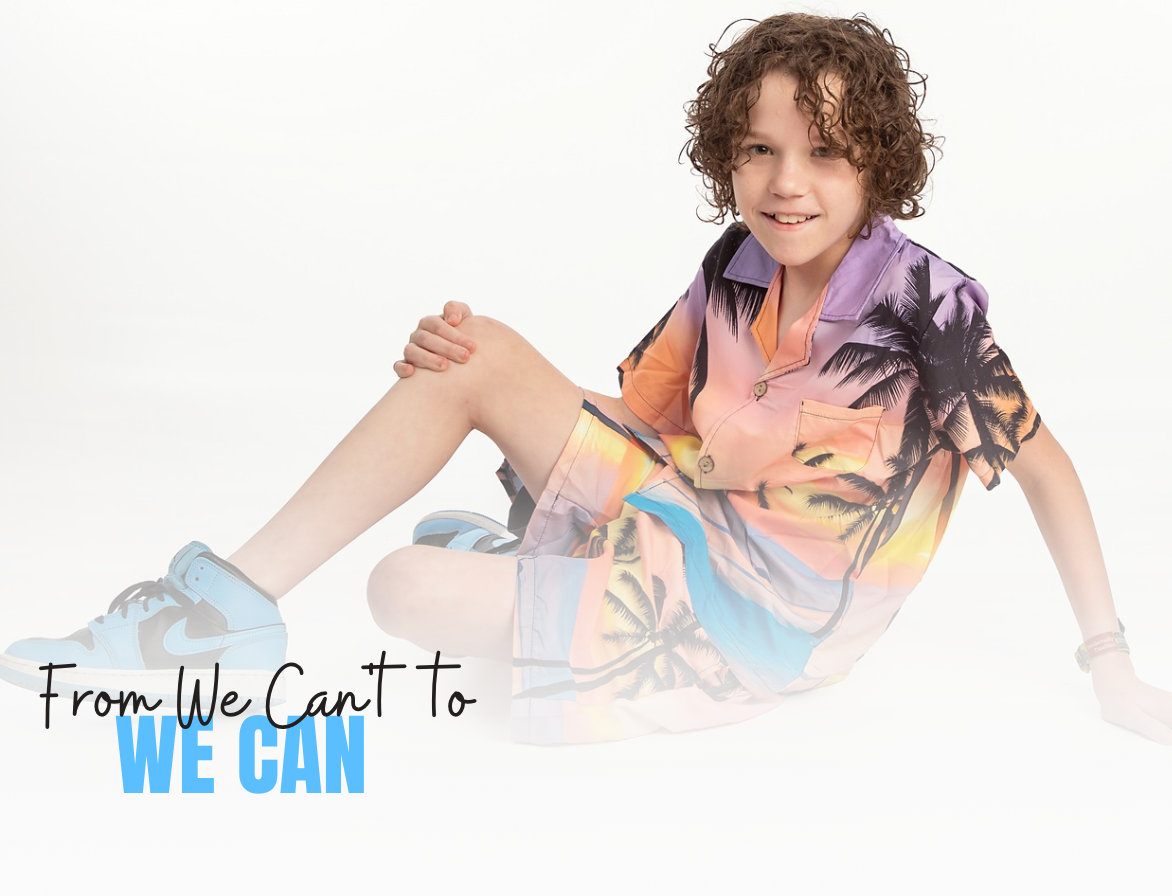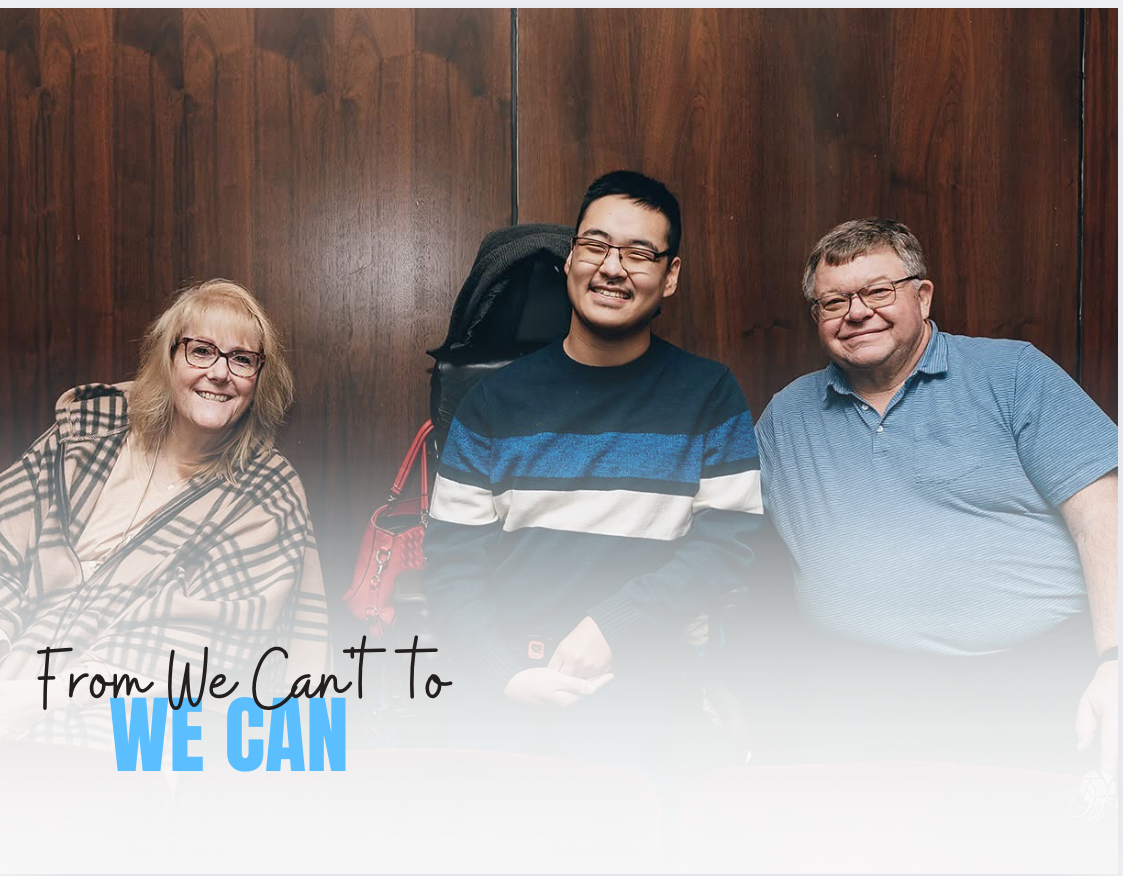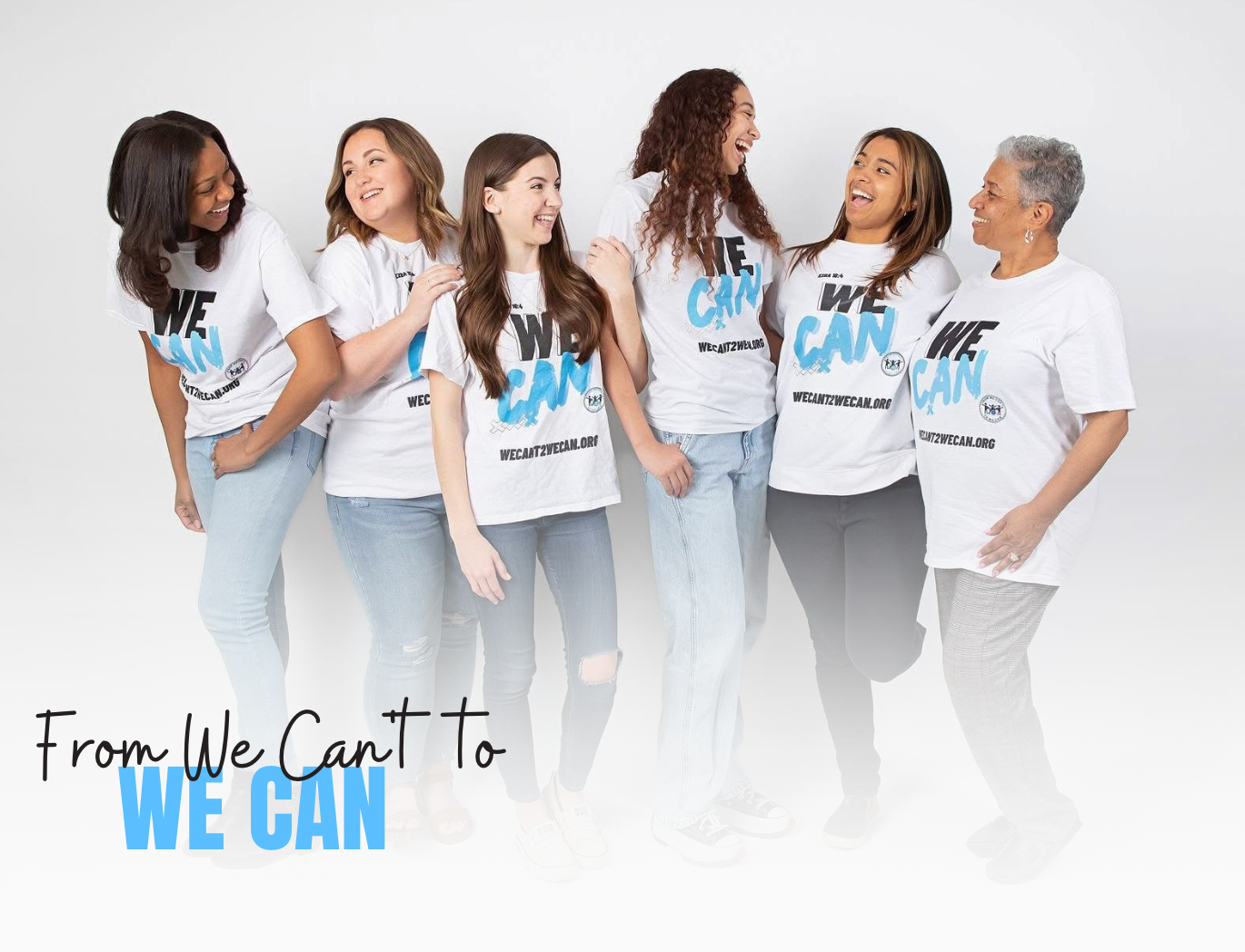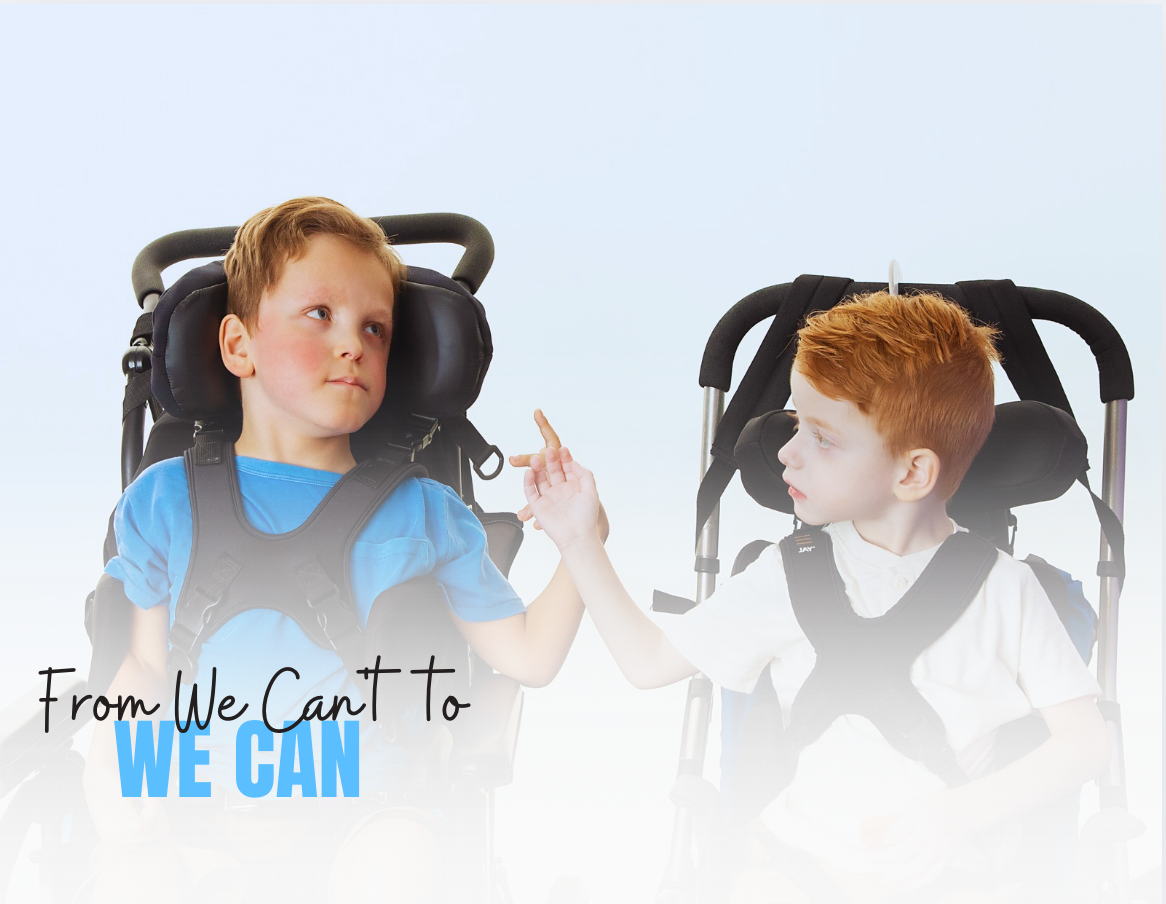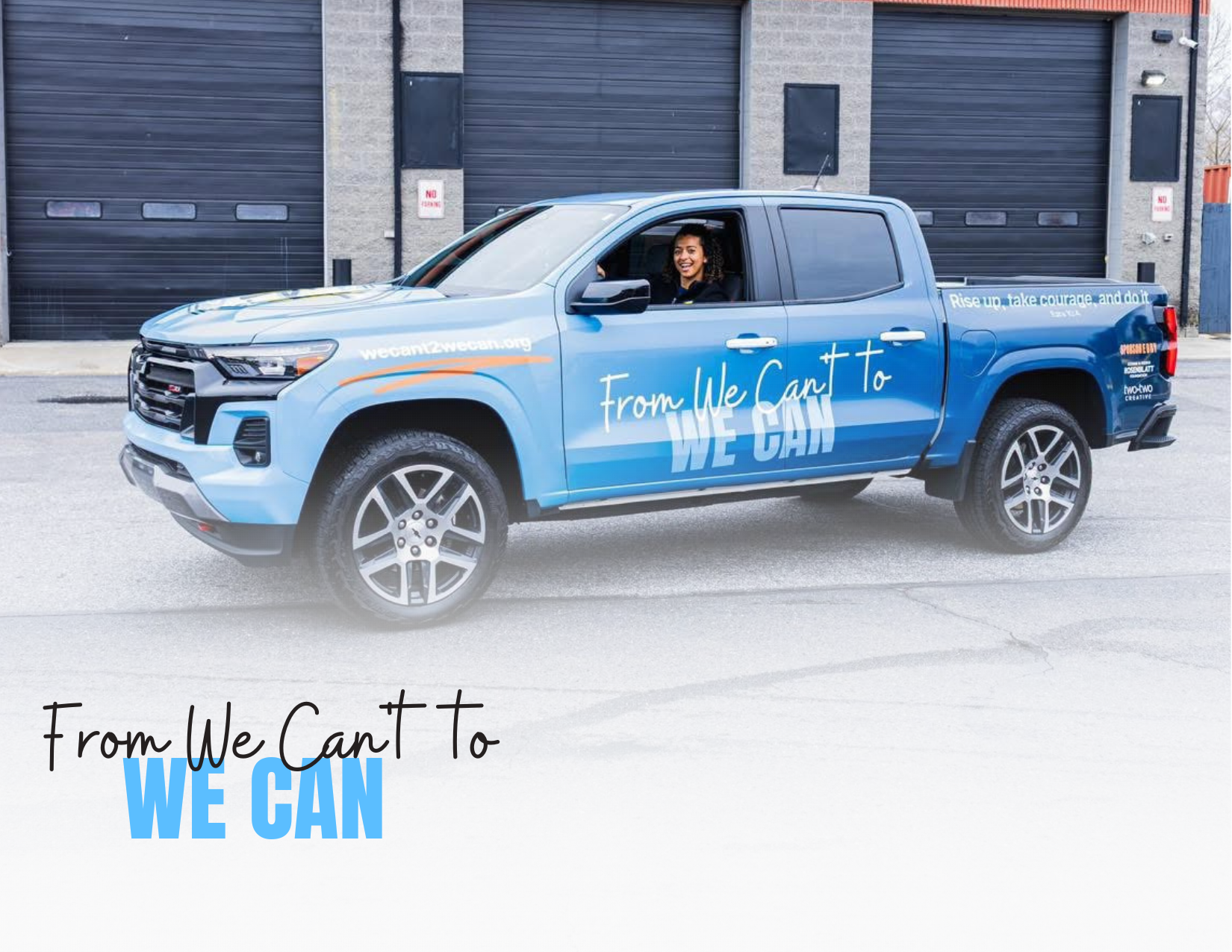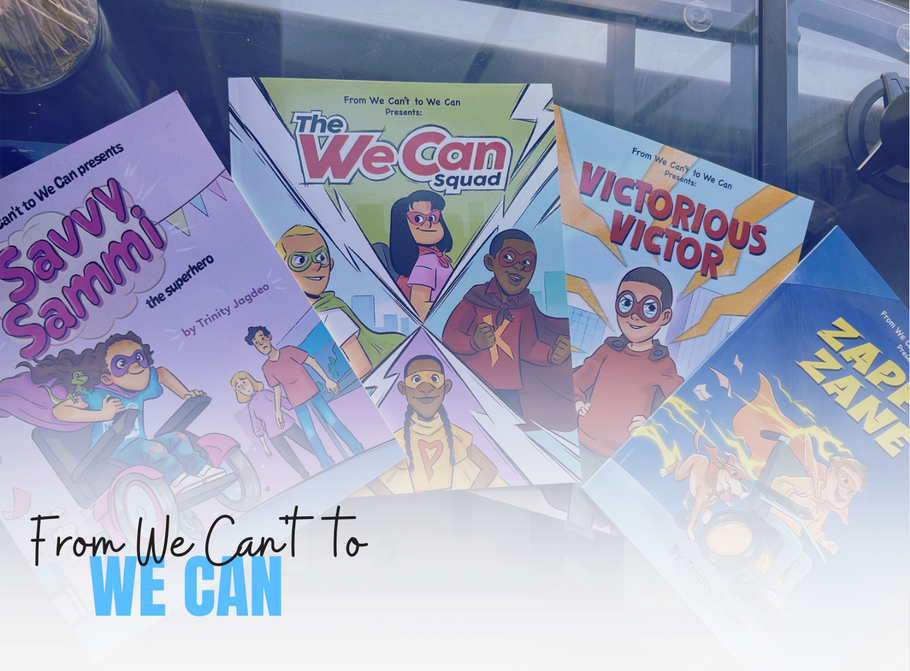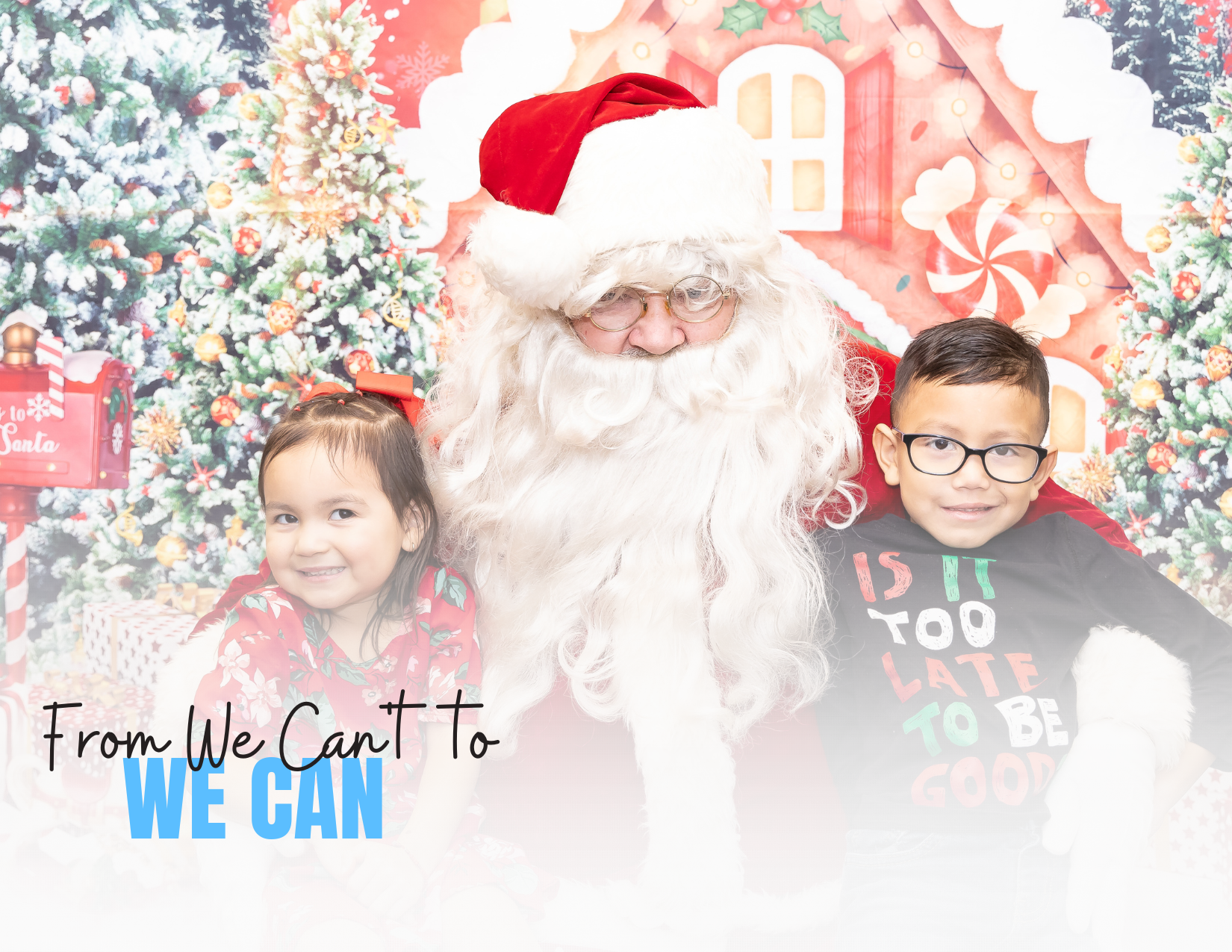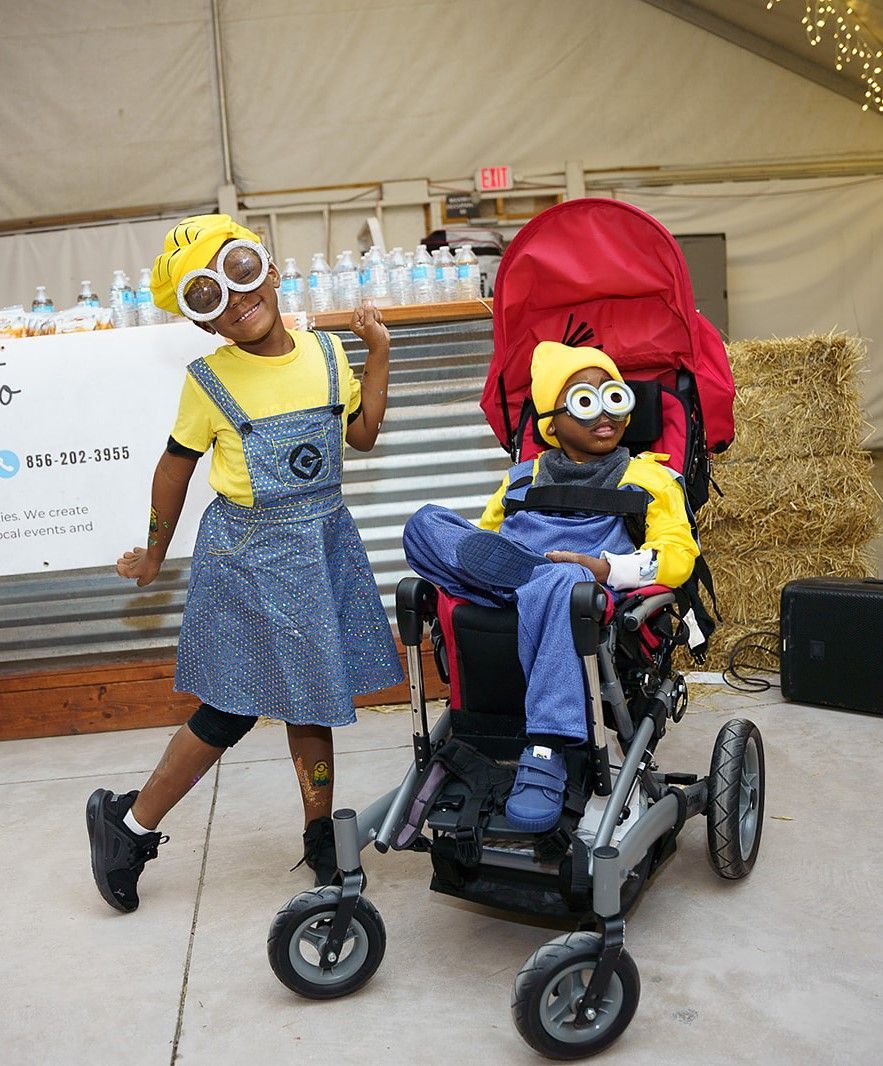A Christmas To Remember

Just days before Christmas, St. Anthony’s Hall in Vineland was aglow with excitement and holiday cheer during the annual From We Can’t to We Can Christmas Social, held on December 21st. This heartwarming tradition aims to bring smiles, laughter, and inclusion to families with disabilities.
Families in attendance enjoyed a variety of activities, including delicious food, paper crafts, cookie decorating, and ornament making. The kids also loved dancing to festive music, playing in the ever-popular inflatable bubble house, and taking turns visiting Santa Claus, who gave each of them a handpicked present to take home and cherish. The event also featured a special holiday performance by Hands Up Silent Theater of Millville, New Jersey, and appearances from beloved characters like Elf on the Shelf, the Disney princesses, and even the Grinch.
Sam and Jazz, parents at the event shared that their kids’ favorite activity of the afternoon was the aforementioned bubble house. “For us, the season is about spending time with family – as our daughter says, ‘giving gifts makes the heart happy,’” Sam added.
Makayla, the reigning Junior Miss Wheelchair New Jersey 2025, also reflected on her favorite moments. “My favorite part was seeing the elf – I got my picture taken, too!” she remarked. Then, she went on to share what Christmas truly means to her: the joy of happiness and spending quality time with loved ones.
This year’s Christmas Social was unforgettable, filled with wintry warmth and magic for everyone who attended. Events like this remind us of the joy of the season and the meaningful connections created by sharing heartfelt moments with loved ones in a space that is accommodating for everyone regardless of ability or age.
From We Can’t to We Can sends its deepest gratitude to all of the amazing individuals and local organizations that helped make the Christmas Social such a success. For many families, 2024 will indeed be a Christmas to remember!
You may want to read more of our blog...
We Can Blog
